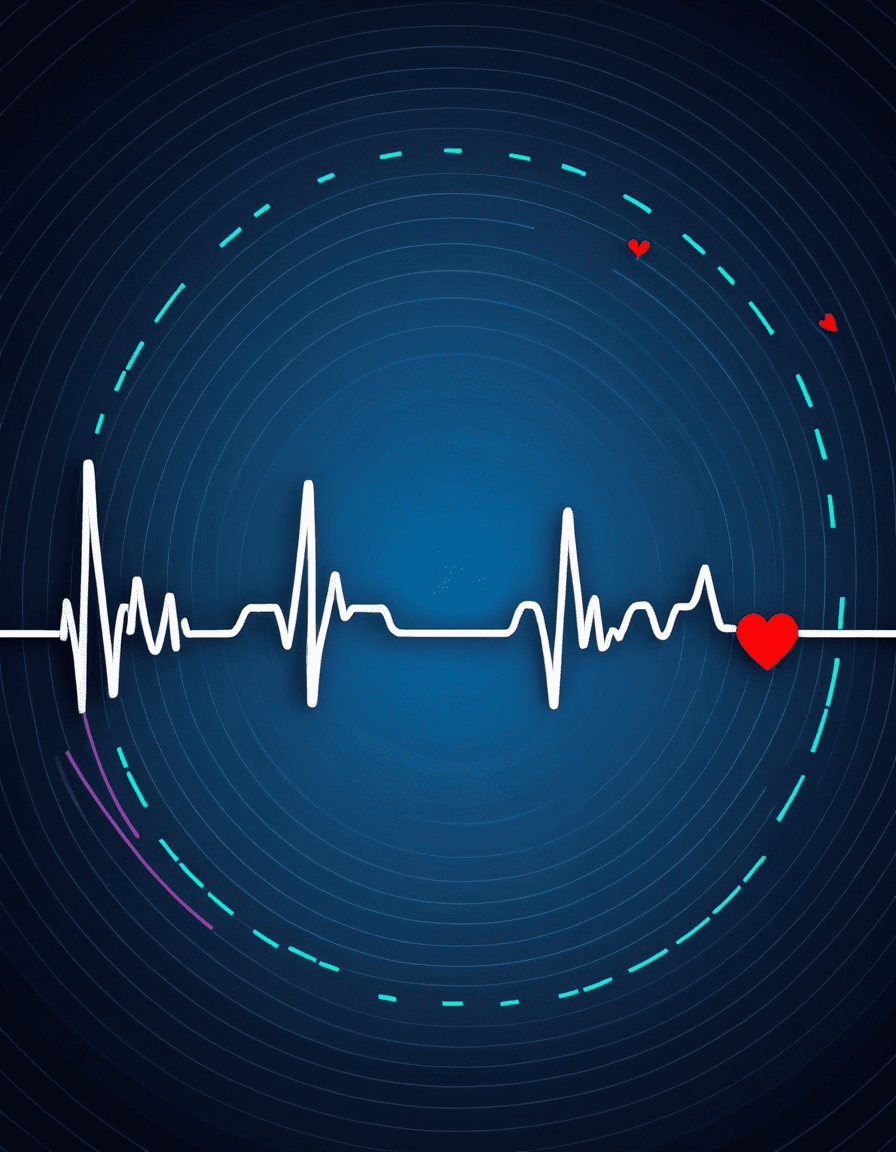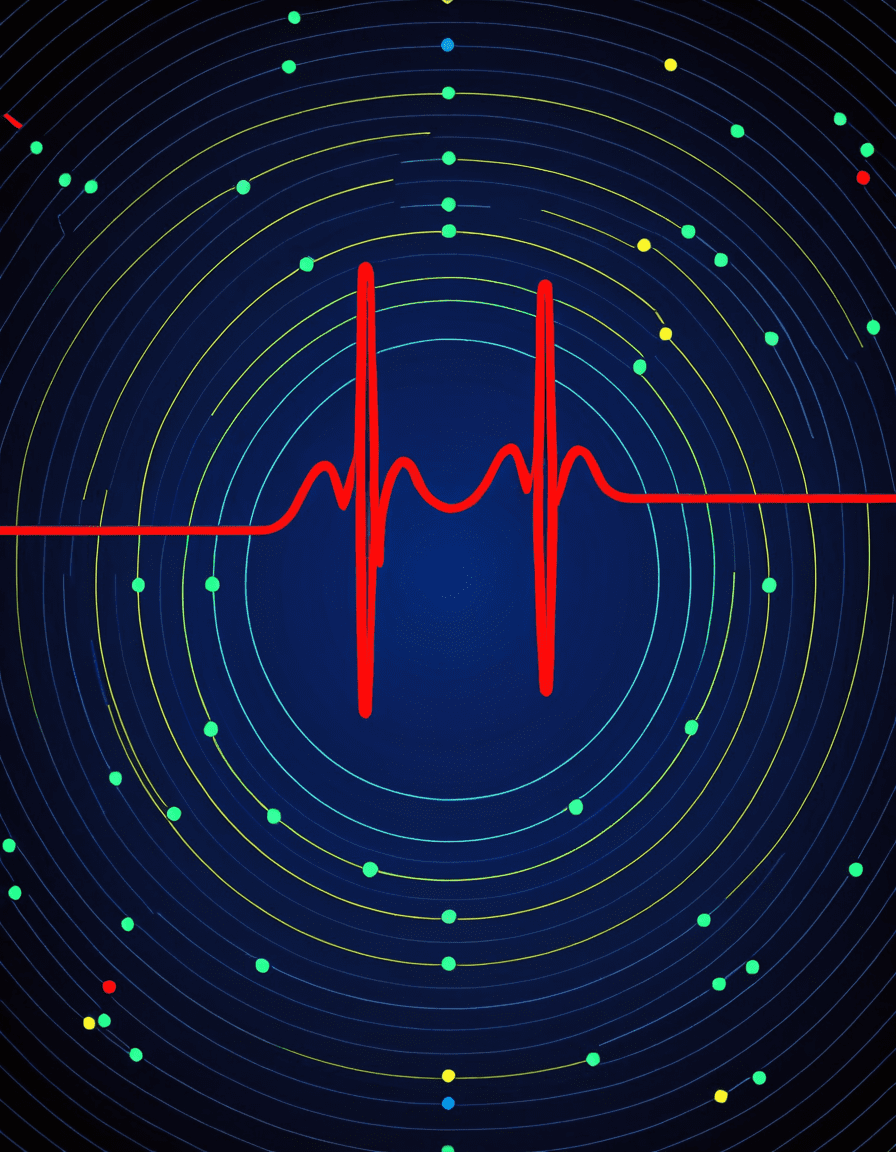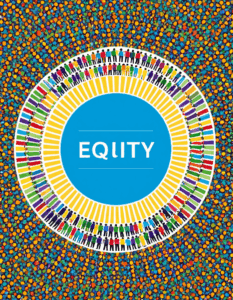Bipolar disorder is often misunderstood, and that misunderstanding can lead to stigma, confusion, and isolation for both those affected and their loved ones. By recognizing the symptoms of bipolar, we not only facilitate effective management but also open floodgates for compassionate dialogue among family members, friends, and mental health professionals. The symptoms of bipolar can be daunting, but when we get a grasp on them, we pave the way for early intervention, creating a supportive environment for those who need it most, especially parents grappling with a child’s addiction or loss tied to these struggles. Let’s take a closer look.

Top 7 Symptoms of Bipolar to Identify

Understanding Bipolar Within the Broader Context of Mental Health
While the symptoms of bipolar are distinct, they’re often intertwined with other mental health challenges. For instance, the impulsivity seen in bipolar disorder may mirror symptoms of sociopath behavior. Recognizing these similarities can illuminate the support needed for individuals navigating these complicated waters.
Exploring Symptoms of Schizophrenia
Notably, while bipolar disorder and schizophrenia are separate entities, they can share some similarities. Early signs of schizophrenia, such as hallucinations or disorganized thoughts, often require recognition for timely intervention. Awareness around these signs of schizophrenia helps loved ones respond proactively, minimizing the potential for crisis.
Types of Depression and Their Intersectionality
Mental health often exists on a spectrum, and it’s common for people to face multiple conditions simultaneously. For example, understanding the various types of depression, such as major depressive disorder or seasonal affective disorder, allows for more precise treatment approaches. This understanding promotes better recovery outcomes, emphasizing the necessity for personalized care in mental health.
The Importance of Early Intervention and Support
Recognizing the symptoms of bipolar and understanding their place within the broader mental health landscape is essential for dismantling stigma. Misunderstanding often prevents individuals from reaching out for help, deepening their struggles. Educating each other fosters communication and creates a nurturing environment for those suffering, which is particularly vital for parents struggling through their child’s battles with addiction.
Personal stories like those shared by mental health advocates become powerful tools for promoting empathy and awareness. As we encourage open conversations about the negative Symptoms Of schizophrenia or the impact of bipolar disorder, we create spaces for healing—places where mental health challenges are met with understanding, not fear.
Addressing mental health requires a communal effort. It involves everyone recognizing symptoms, advocating for open dialogue, and providing support as individuals traverse their multifaceted journeys. By enhancing our collective awareness and empathy, we contribute to a society where mental health challenges encounter compassion instead of judgment.
If you’re looking for support or for more insights into resilience through challenges, find strength at Mothers Against Addiction. The road may be tough, but together, we can navigate the complexities of mental health with grace and compassion.
Symptoms of Bipolar: Recognizing the Signs
Understanding the Mood Swings
Bipolar disorder is often characterized by dramatic mood swings, oscillating between highs and lows. These fluctuations can range from euphoric highs—also known as mania—to debilitating lows, often making it tricky for families and friends to understand. Interestingly, a study noted that individuals with bipolar disorder frequently face the challenge of resilience, illustrating how important it is to know how to bounce back. For more on what resilience means in the context of such struggles, check out this definition Of resilience.
During the manic phase, a person might engage in wild activities, feeling invincible, much like a character from a TV series like Breaking Bad, where Walter White seems to be riding a high wave of success (you can look up his address To see Where it all Went down). They might sleep less, talk more, or get involved in risky ventures—almost like they’re living in their own bubble. On the flip side, depressive episodes can lead to feelings of hopelessness and lethargy. It’s critical to recognize these symptoms of bipolar in those we care about; it could be a pivotal moment for someone in distress.
The Physical Connection
Not only do mood swings drastically affect one’s emotional state, but they also manifest physically. Some individuals might experience changes in sleep patterns or energy levels, contributing to weight fluctuations. When experiencing a high, one might push their physical limits, unaware of the consequences. If you’ve ever wondered what it takes to shift from an intense high to a crashing low, think about how temperature changes from 230°C to Fahrenheit—it’s a drastic jump! This conversion reflects how sudden the shifts in mood can be for someone struggling with these symptoms of bipolar.
Moreover, during manic phases, impulsive behavior can lead to decisions that are out of character, similar to the impulsiveness you might witness in trends like the viral Skibidi Biden dance. This kind of recklessness highlights the beauty of spontaneity while also emphasizing the potential risks. Notably, understanding the definition of waiver can also play a role here, as individuals may relinquish certain responsibilities and make uncharacteristic choices. Learn more about what waiver means in emotional contexts here.
Seeking Help and Awareness
Understanding the symptoms of bipolar is crucial to fostering compassion and aid. It’s important to promote awareness and provide support, as those experiencing these symptoms can often feel isolated. Sometimes, a little humor helps, just like scrolling through the lighter side of content, like sexy Videos that uplift mood without the heavy baggage.
Emphasizing the importance of education is key, as well as recognizing the term revoke, often used to reference lost privileges or rights. When someone is in denial about their mental health or potential symptoms of bipolar, awareness can be revoked, leaving them in a dark place—far from the enlightened connection many reach through understanding.
As you dive deeper into these factors, consider the role of comprehensive support systems that can help people navigate their experiences—after all, everyone deserves to seek help and find their way back to balance, much like the service of Xfi Complete, which offers robust functionalities to help users stay connected and supported (more details here). Recognizing and addressing these symptoms of bipolar disorder not only aids in healing but also creates a pathway for resilience and recovery.




























